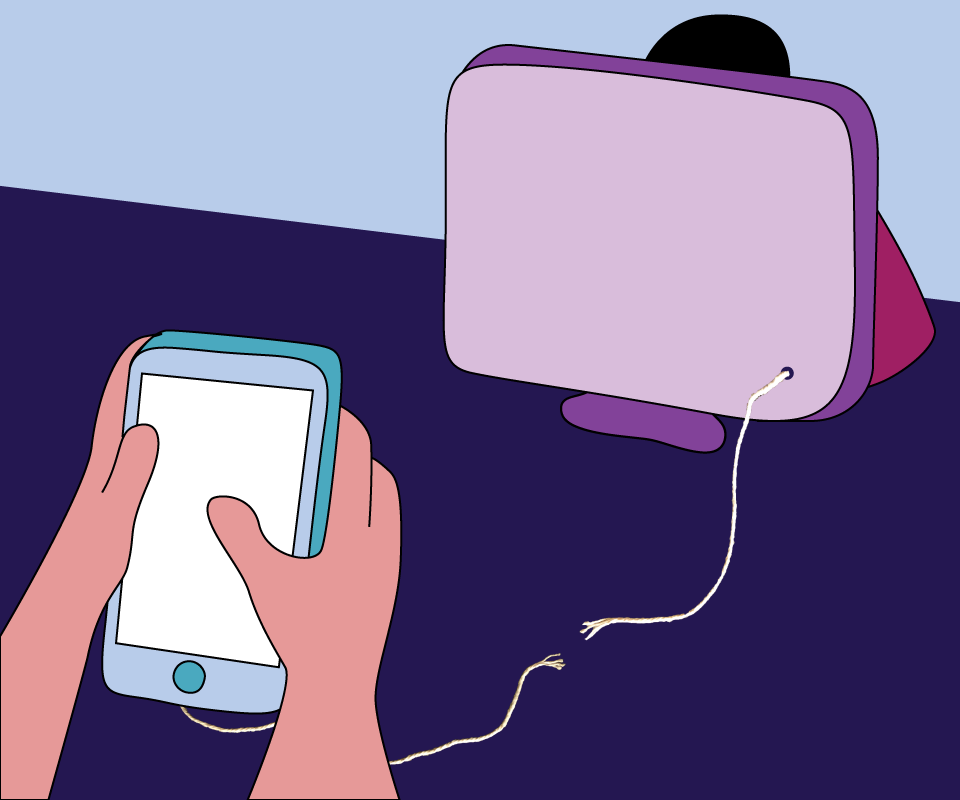One student’s thoughts on why we should consider putting our phone away and living in the present
I’m sure all of you who have smartphones have experienced some sense of guilt for devoting so much time to them every day. We are being reminded daily of the amount of time we spend in front of our screens. We live in a virtual world, where we maintain and develop connections, at the cost of engaging with those who are physically present. Why is it that despite having contact with others at our fingertips at all times, we still feel lonely?
According to Psychology Today, we are being haunted by a “loneliness epidemic,” where those of us who spend the most time on social media feel the most lonesome. Even if you have deleted all social media off your phone, you are still susceptible to this epidemic. Studies have revealed that the relentless use of mobile phones leads us to experience anxiety, depression, isolation and loneliness. Face-to-face interactions are losing value as we feel closer to our friends and family by nurturing relationships virtually. We are only drifting away from the reality in which we are living.
For those of us who use our phones as a means of sustaining connections with those far away, it is harder to find balance between living in the present and being elsewhere. We are victims of being virtually connected while in the presence of those we love, thus isolating ourselves even further. We are completely addicted to constantly checking the time, the weather, Instagram, Facebook, you name it; all of these are distractions that affect us more than they benefit us. According to The Telegraph, we are spending approximately 24 hours per week on our phones. Can you imagine being in front of your screen for a whole day non-stop? Of course you can, because this is our weekly reality.
We are prioritizing the virtual world over the real world. We feel empty as we try to capture every moment for social media and friends, and are not enjoying the present while we’re in it. This strikes a nerve because we are constantly seeking entertainment and wasting our time by overindulging in our cellphones.
I think it’s sad when a couple or a group of friends are sitting at a restaurant, scrolling down their screens instead of talking to each other. I feel bad for those who are in the middle of a forest recording every moment for their Instagram story. But the truth is that we have all done those things.
I know it sounds cheesy, but we should really be living in the present. No one truly cares about what we are doing anyway—you are aware of that yourself as you skip/scroll through other people’s stories or messages. Scrolling through our social media can lead to feelings of dissatisfaction with our own lives as we compare it to the perfect reality of those portrayed through pretty filters and thought-out captions.
The chronic need to check our phones prevents us from relaxing and checking in with ourselves. Rather than connecting with each other, we are disconnecting from our real lives and from the present. The first step in spending less time on our phones is to recognize the fact that we have a problem. Putting our phones down more often will help us obtain a clearer mindset. If you want to go further, maybe a real alarm clock will be the solution to late nights and morning screen scrolls. These are small steps that can have a big impact—why not start today?
Graphic by Ana Bilokin.
